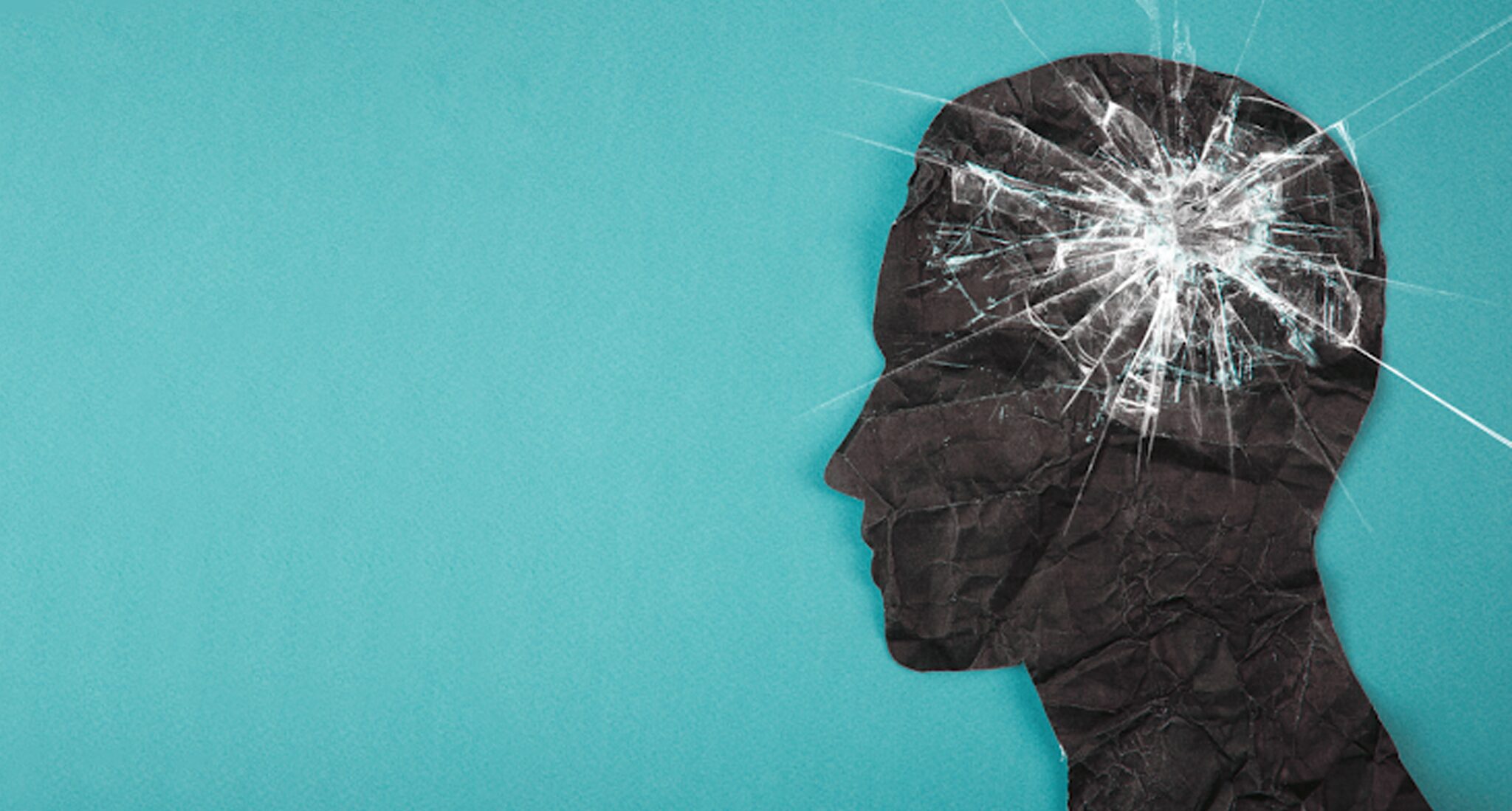Every concussion is a brain injury, and any level of concussion can be a serious brain health and neurological event.
A concussion is classified as a mild traumatic brain injury (mTBI). Some mTBIs thankfully are minor requiring little recovery time. However, for some unfortunate people, there is nothing mild about it. Concussion recovery times can vary greatly. Approximately 80 percent of concussions resolve over 7 to 14 days, with 10 days being the average. Some people develop a condition called post-concussive syndrome, which is where they experience prolonged symptoms, such as persistent pain, mood and personality changes, and difficulty with memory, cognition, and other mental or physical abilities.
Here’s what you need to know.
What Causes a Concussion?
Most people are surprised to learn that it doesn’t take much to get a concussion, and you don’t have to lose consciousness. As a matter of fact, you don’t even have to hit your head. Any impact that causes the brain inside your skull to vigorously shake, such as a blow to the chest, can cause a concussion.
According to the Concussion Legacy Foundation, concussions are “caused by a bump, blow, or jolt to the head or hit to the body that causes the head and brain to move rapidly back and forth.” This rapid movement causes the brain to slam into the sides of the skull, stretching and damaging brain cells. The damage can impair various brain functions and produce some serious health risks, depending on how severe it is.
Falls are the most common cause of concussions overall, and they disproportionately affect children and older adults. Sports, car accidents, and assaults are also common causes.
What Are Concussion Symptoms?
Short-Term Effects
Immediately following a concussion, many people experience headaches, short-term memory loss, and confusion. However, a loss of consciousness or memory is not required for a concussion to have occurred. Concussions are common in young children, even toddlers without verbal skills. So, parents need to be aware of the immediate signs of a concussion, including:
- Excessive fatigue
- Nausea and vomiting
- Dizziness
- Delayed response to questions
- Sensitivity to light and sound
- Listlessness
- Loss of balance
- Excessive crying
- Changes in eating or sleeping patterns
- Irritability
Long-Term Effects
Thankfully, long-term effects are relatively rare, but if it happens to you, they can have a devastating impact on your quality of life and relationships. Some long-term symptoms a person might experience are:
- Trouble concentrating and paying attention
- Memory problems
- Personality changes
- Sensitivity to noise and light
- Sleep disturbances
- Depression and other new mental health issues
- Disorders of smell and taste
- Brain fog
While a first concussion can cause problems, the second one can cause permanent long-term brain damage. Science has shown that repeated concussions over an extended time can result in cumulative, permanent, neurological and cognitive deficits.
Here’s How to Help Your Brain Heal
The standard medical advice for treating concussions used to be extended rest. However, our understanding and treatment of concussions has evolved. While moderate rest is still advisable immediately following injury, the recommended time to rest is shorter. Research shows that longer rest can actually worsen symptoms.
In general, recommendations for recovery include resting for one to two days and gradually increasing mental and physical activity. During the recovery phase, symptoms should gradually improve to the point where you are symptom-free at rest, then with thinking activities, and then with physical exertion. According to the Mayo Clinic article, “Concussion“:

Physical and mental rest
“In the first few days after a concussion, relative rest is the most appropriate way to allow your brain to recover. Your doctor will recommend that you physically and mentally rest to recover from a concussion.
Relative rest, which includes limiting activities that require thinking and mental concentration, is recommended for the first two days after a concussion. However, complete rest, such as lying in a dark room and avoiding all stimuli, does not help recovery and is not recommended. In the first 48 hours, you should overall limit activities that require high mental concentration — such as playing video games, watching TV, doing schoolwork, reading, texting or using a computer — if these activities cause your symptoms to worsen.
You also should avoid physical activities that increase any of your symptoms, such as general physical exertion, sports or any vigorous movements, until these activities no longer provoke your symptoms.
After a period of relative rest, it’s recommended that you gradually increase daily activities such as screen time if you can tolerate them without triggering symptoms. You can start both physical and mental activities at levels that do not cause a major worsening of symptoms. Light exercise and physical activity as tolerated starting a few days after injury have been shown to speed recovery; however, you should avoid any activities that have a high risk of exposure to another head impact until you are fully recovered…
Returning to routine activity
As your symptoms improve, you may gradually add more activities that involve thinking, such as doing more schoolwork or work assignments or increasing your time spent at school or work.
Your doctor will tell you when it’s safe for you to resume light physical activity. Usually after the first few days after injury, you’re allowed to do light physical activity — such as riding a stationary bike or light jogging — before your symptoms are completely gone, so long as it doesn’t significantly worsen symptoms…”
Neurofeedback Can Help Your Brain Recover
Because neurofeedback literally retrains brain function, it can help it return to healthy operation and alleviate concussion symptoms in as little as eight weeks. A 2020 review of the research found that:
“Specifically, improvements were reported in post-concussion symptom ratings, headaches, dizziness, depression, anxiety, sleep disturbance, general disability, cognition, return to work and quality of life. Normalization of working memory activation patterns, vestibular field potentials, hemodynamics of the dorsolateral prefrontal cortex and excessive delta wave activity were also seen.”
Relieving the symptoms of a concussion requires a detailed analysis of how brain activity and connectivity have been altered. At Grey Matters neurofeedback studio, we conduct a qEEG brain map to get a comprehensive understanding of exactly how your brain is currently functioning. Then, we customize a neurofeedback brain training plan to address and correct the specific issues and symptoms you are experiencing.
Neurofeedback is a non-invasive, painless, drug-free method that actually teaches the brain healthier ways to function. Brain training can optimize brain wave amplitudes, enhance connectivity between parts of the brain, and adjust the level of activity and responsiveness of specific areas of the brain. The brain learns at a subconscious level to create permanent changes that last after training.
Not only will your brain begin to heal, but you will see improvements in the concussion symptoms. And when your brain works better, your life works better! Send us a message today or call us at (317) 215-7208 to find out how we can help you.
Second image source: by Karolina Grabowska


